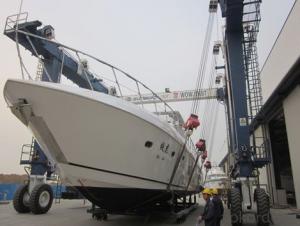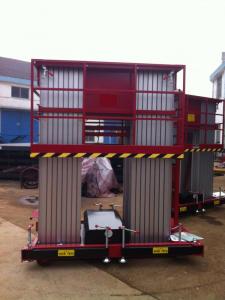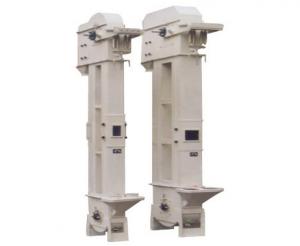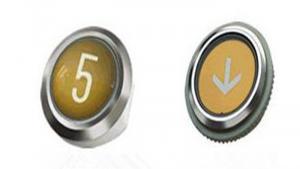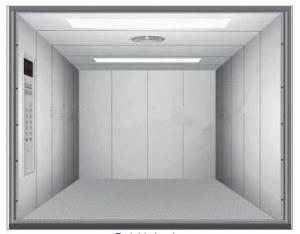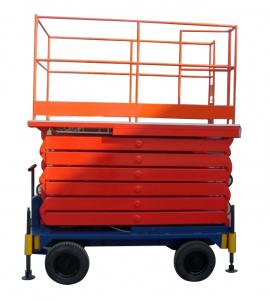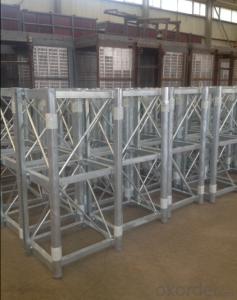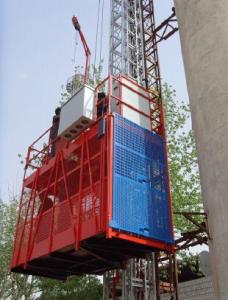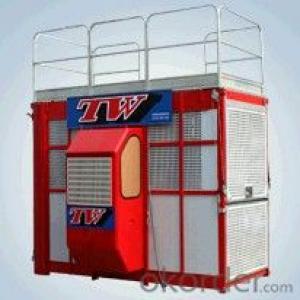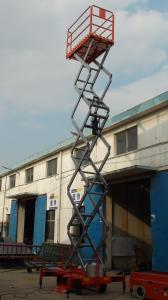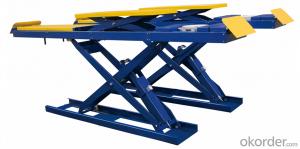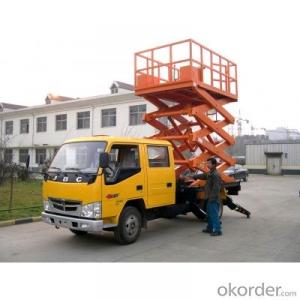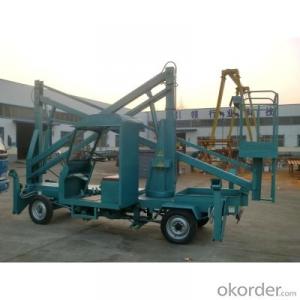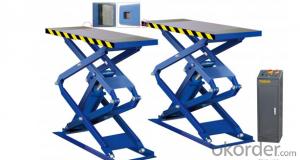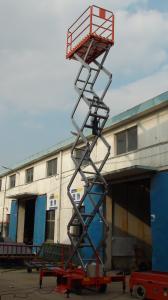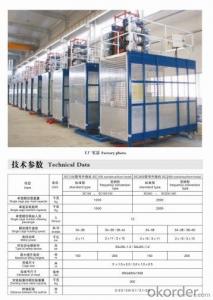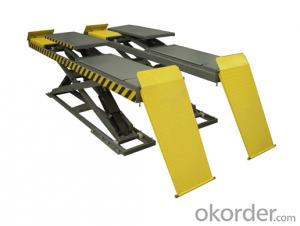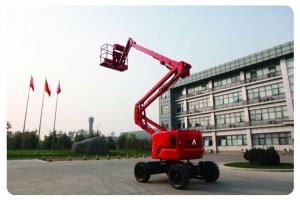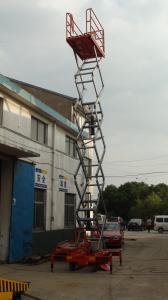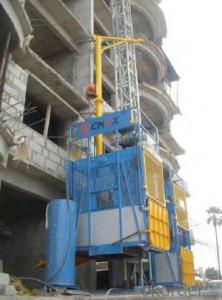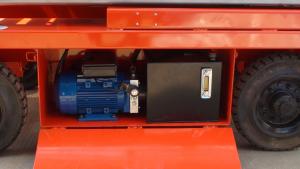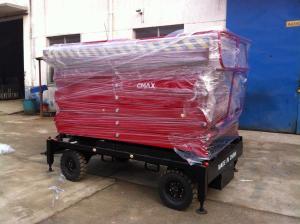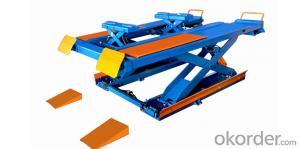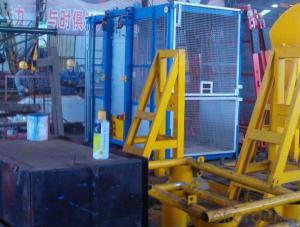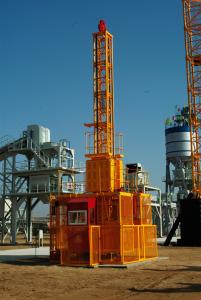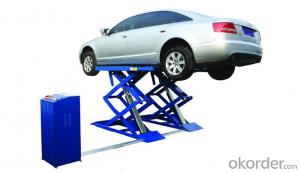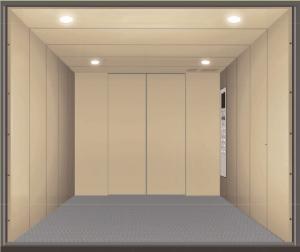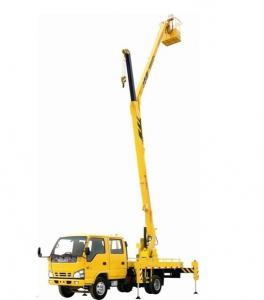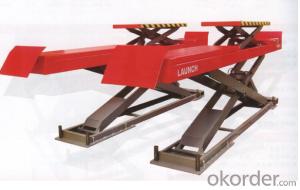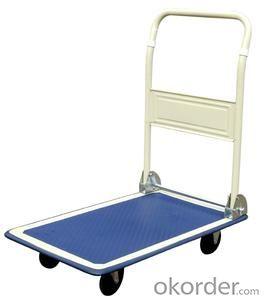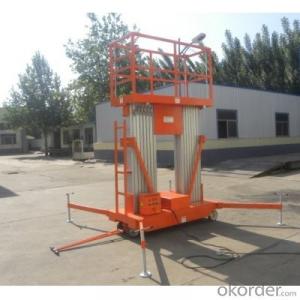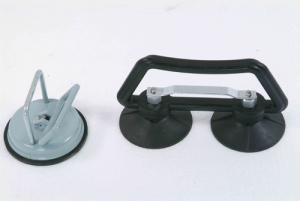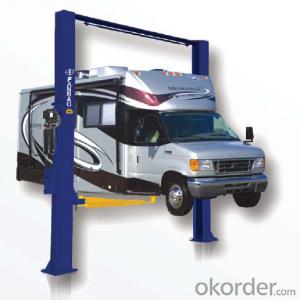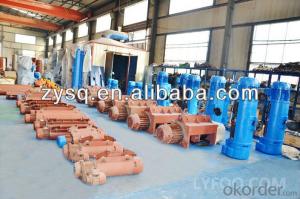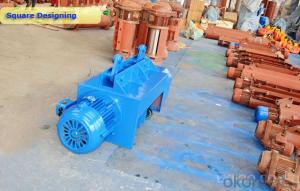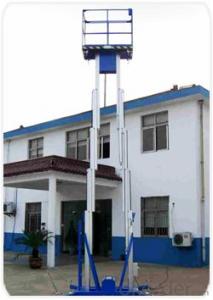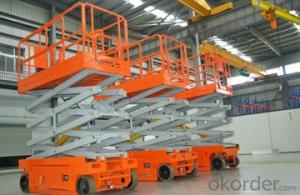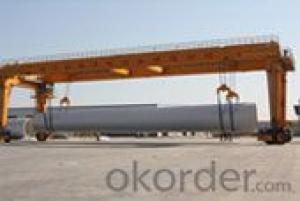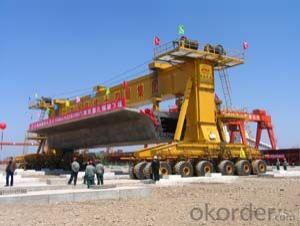Goods Lift
Goods Lift Related Searches
Lift Maintenance Automobile Lifts Auto Lifting Equipment Incline Lift Car Lift Maintenance Inclined Platform Lift Lift Electrical Disability Lifts Elevators In Ground Auto Lift Escalator Lift Best Auto Lift Automatic Car Lift System Crane Lifting Electric Garage Lift A Frame Lifting Equipment Direct Lift Car Hoist Autolift Hoist Home Stair Lifts Hydraulic Automobile Lift Floor Hoist Moving Truck Mechanical Scissor Lift Scaffold Hoist Elevator Shop Stand Up Storage Containers Mechanical Lift Chair Hydraulic Lift Automotive Self Propelled Scissor Lift Siccor Lift Portable Automotive Scissor LiftsGoods Lift Supplier & Manufacturer from China
Goods Lift, a product designed for efficient vertical transportation of goods, is a crucial component in various industries. These lifts are commonly used in warehouses, factories, and commercial buildings to move items between different floors without the need for manual labor. This not only saves time but also reduces the risk of accidents and injuries associated with heavy lifting. Goods Lifts are available in different sizes and capacities, making them suitable for a wide range of applications, from small-scale businesses to large-scale industrial operations.Goods Lifts are widely used in scenarios where there is a need to transport goods vertically between floors. They are particularly beneficial in multi-story buildings where goods need to be moved frequently, such as in retail stores, hospitals, and office buildings. The use of Goods Lifts streamlines operations, improves efficiency, and enhances safety by eliminating the need for manual handling of heavy items. This makes them an essential piece of equipment in many business environments, contributing to the smooth functioning of daily operations.
Okorder.com is a leading wholesale supplier of Goods Lifts, boasting a large inventory that caters to the diverse needs of customers worldwide. With a commitment to quality and customer satisfaction, Okorder.com ensures that the Goods Lifts they provide are of the highest standard, meeting the specific requirements of various industries. By offering a comprehensive range of Goods Lifts, Okorder.com has established itself as a reliable source for businesses looking to enhance their vertical transportation capabilities.
Hot Products
